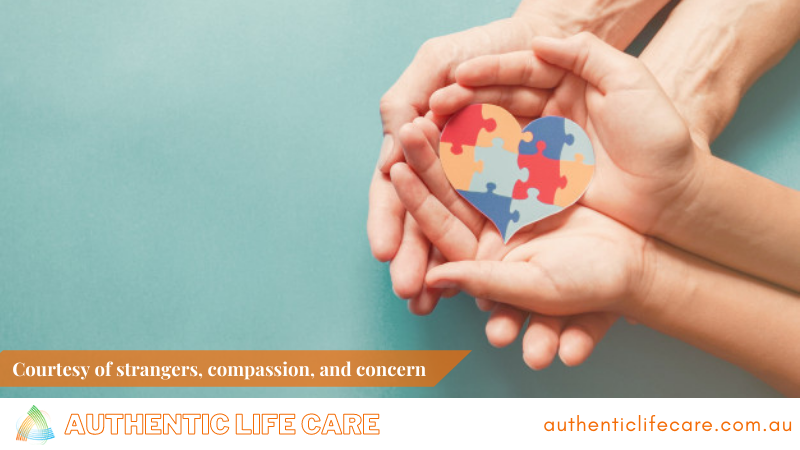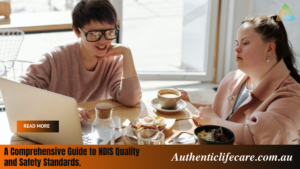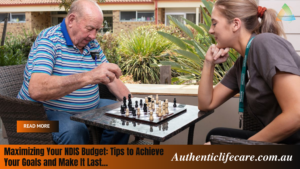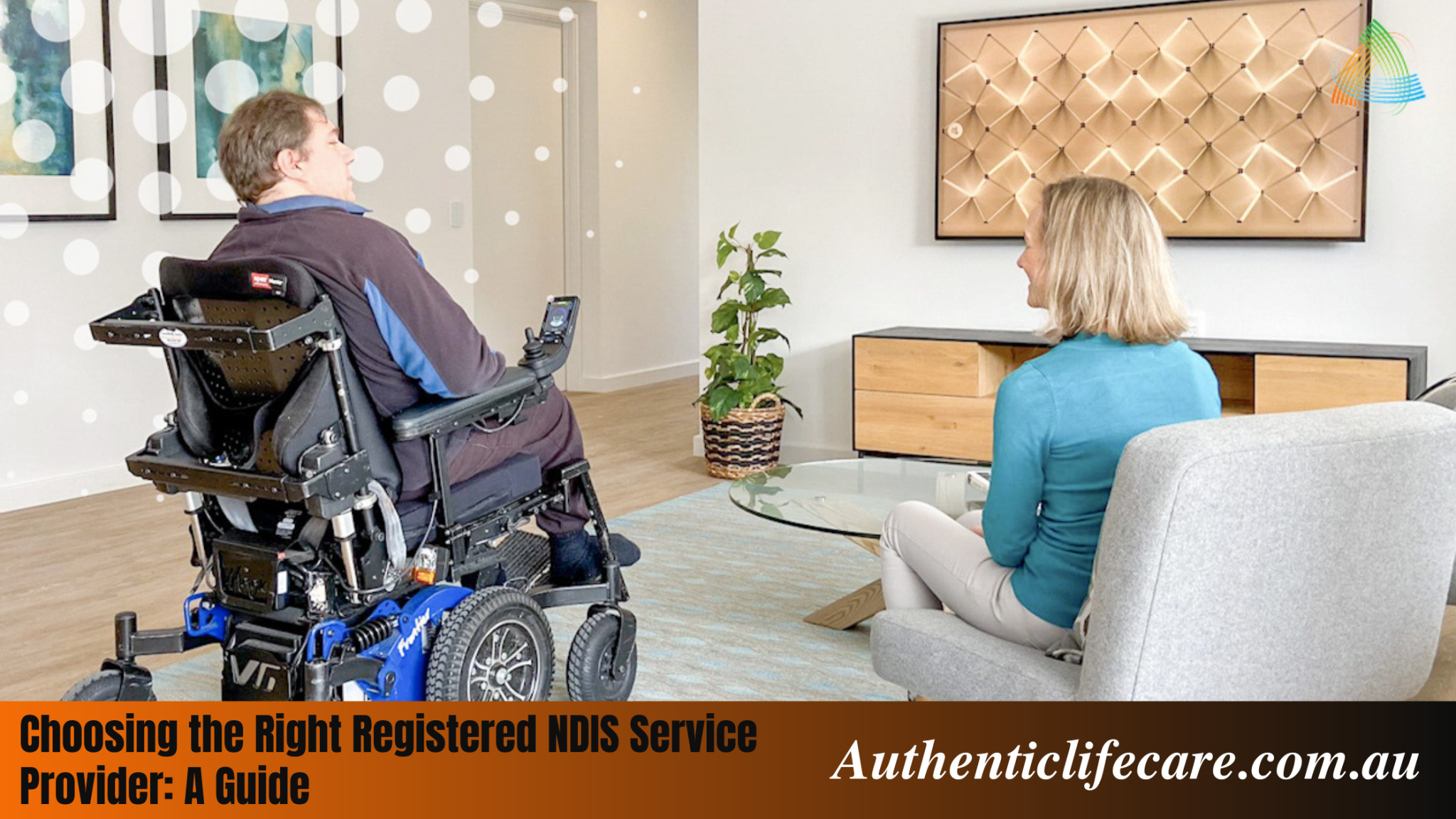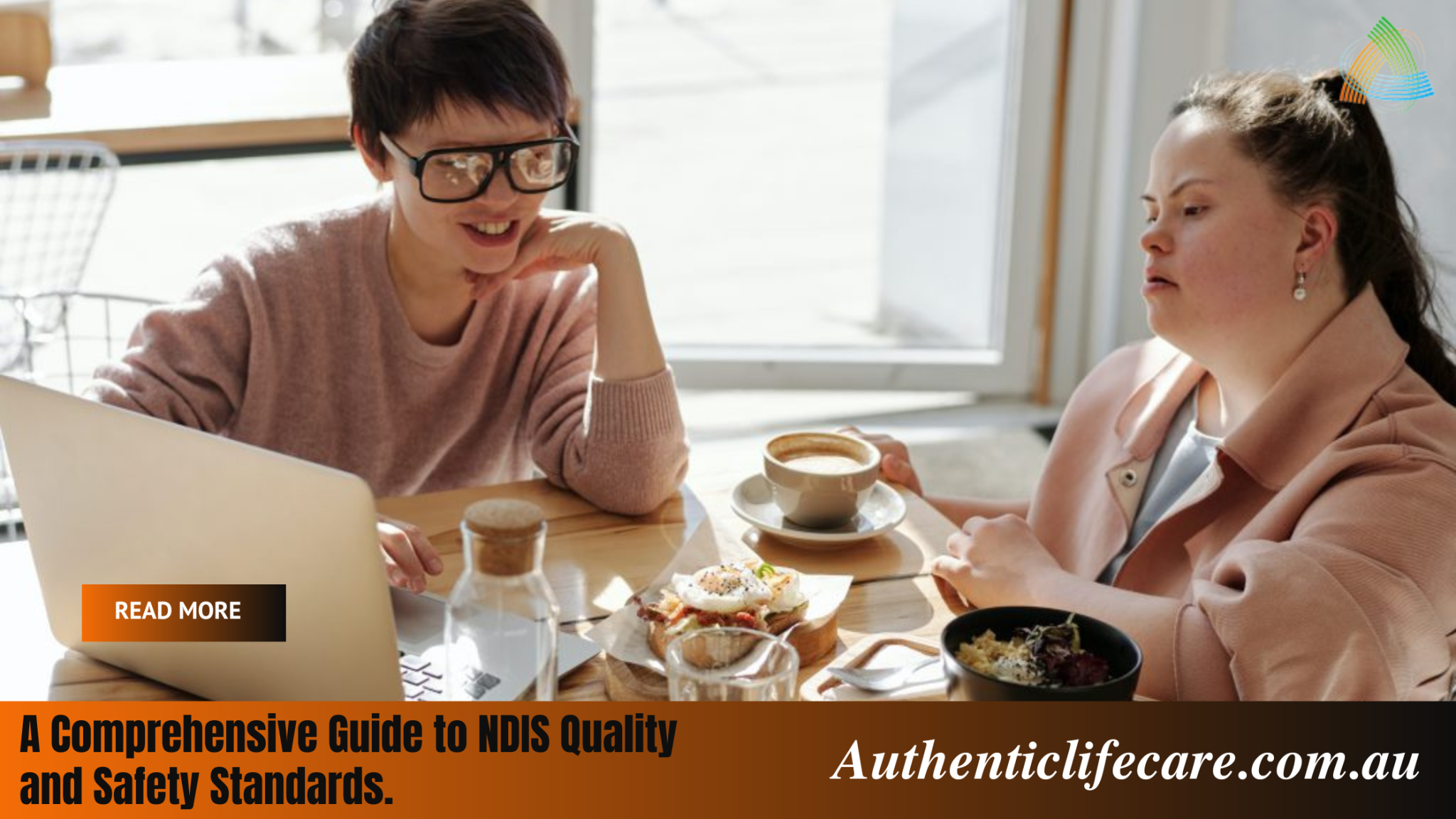I remember being terrified of getting on and off the escalator when I was younger. I was terrified that, because of my childish clumsiness (which I haven’t forgotten), I wouldn’t be able to get on or off the belt quickly enough to keep up with its continual movement, and I’d fall. I recall having an adult with me every time I needed to use one, or I would take a really enormous step or a tremendous leap off, my pulse beating and adrenaline rushing, just to be back on the safety of a calm ground.
When you’re in someone else’s shoes…
Today, as an adult working as a support worker (in addition to nutrition and massage treatment), I relived the same emotion, but this time through the eyes of a 22-year-old autistic person. I turned back to see her hesitate as we were ready to board one of these devices, a flat version.
I went to grasp her hand after noticing she was concerned about her ability to synchronise the movement of her legs with the movement of the belt. She took one large, shaky stride onto the belt, just like I had done all those years before, and I had to swiftly stretch out my arms to keep her stable so she didn’t tumble backwards.
As we got closer to the other end, I went through what she needed to do when we got there. We had a pretty seamless departure from that constantly moving belt because I made sure I was supporting her with my arms as she took another large step.
I could read her thinking and provided her support as she looked at me with a huge cheesy grin on her face. “Wow, you did a fantastic job!” And she succeeded. It was a wonderful triumph to get off that belt without tumbling or falling!
The contrasting aspects of existence…
I’m sharing this with you because it demonstrated to me how life may be viewed differently by various people. Some of us are capable of living independently, have intact gross and fine motor abilities, and can open our lips and talk in a way that others in our community can comprehend and respond to. Then there are those of us who find these things incredibly difficult; for some people, communication is represented via behaviour, and some people suffer concerns that even the most capable people cannot appreciate; Consider the anxiety of your wheelchair unexpectedly rolling backwards down a hill without the ability to stop yourself due to a lack of movement in your arms and hands.
Many people struggle their whole lives to be accepted for who they are, while also attempting to grasp ordinary life skills that many others take for granted.
Compassion, compassion, and empathy are three strong virtues that, when applied to others, especially those who are reliant on others, may make the trip, the journey of life, a little bit easier.
I am pleased that I regularly witness these traits in strangers in the community who sincerely want to help and support the individual with whom I work. While the individual receiving the free drink or the free ferry trip down Brisbane River supplied by a friendly ticketing officer who noted how happy she felt at the sight of boats out on the water cannot express her thanks vocally, these wonderful acts do not go unheard or unappreciated.
Feeling included and respected as a member of society makes you feel like you belong, and that sense of belonging and connection is one of the most basic human wants. So much so that if we don’t have it, our sense of well-being might plunge, causing our health to deteriorate.
So, to those strangers who, at that moment, took the time and energy to elevate this person’s spirits or brighten her day a little bit, thank you; you have helped more than you realise.

